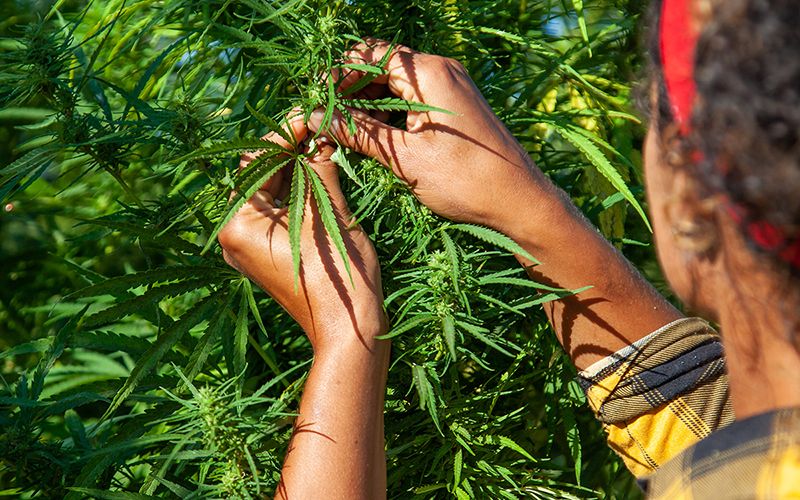Companies are rushing to be early adopters of advanced tech like quantum and artificial intelligence so they don’t fall behind competitors.
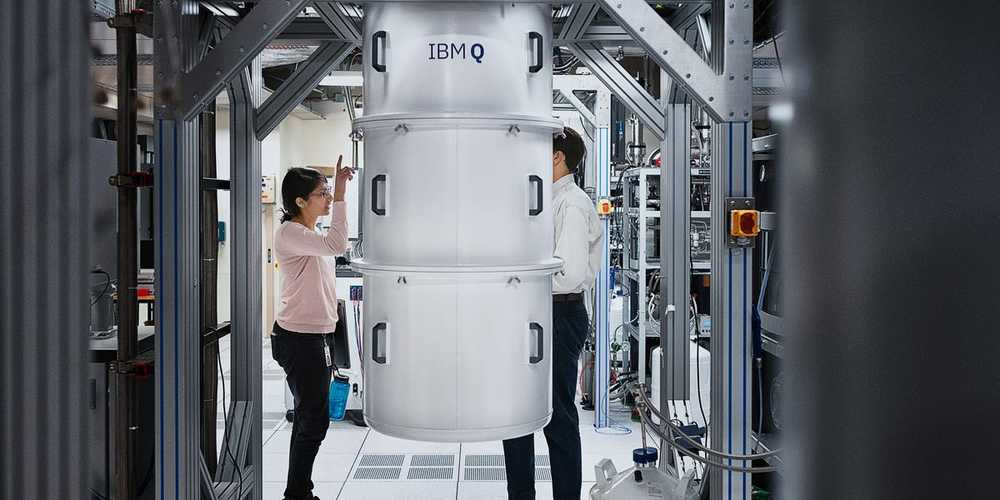

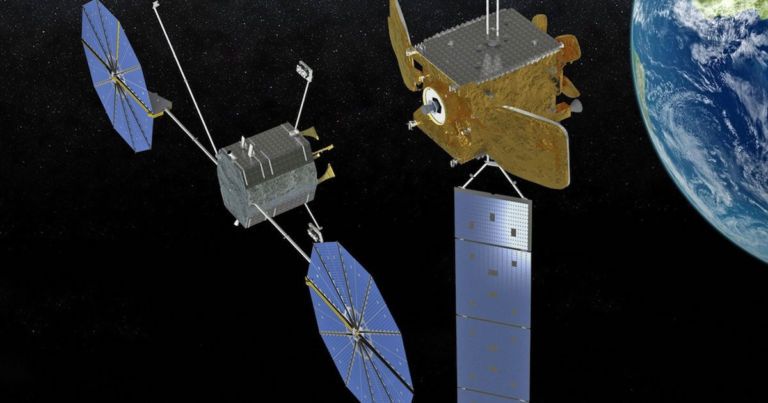

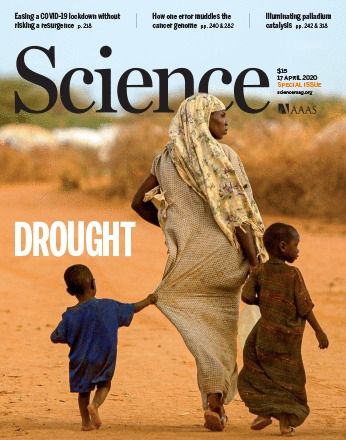
Brain cells, wrote the Spanish neuroanatomist Santiago Ramón y Cajal in the late 19th century, “may die” and cannot “be regenerated.” Cajal then threw down the gauntlet, asserting that it was the job of the “science of the future to change, if possible, this harsh decree.” Jack Price’s engaging book The Future of Brain Repair details past, present, and future attempts to address Cajal’s formidable challenge. In so doing, it provides a vibrant and compelling guide to the important and rapidly evolving fields of stem cell–based therapies and brain repair, which together, he believes, are poised to deliver unprecedented changes to the management of brain diseases.
http://www.sciencemag.org/about/science-licenses-journal-article-reuse
This is an article distributed under the terms of the Science Journals Default License.

“In corticospinal injuries using a mouse model, adult neurons begin a natural regeneration by revertiprocessng back to an embryonic state and that regeneration is sustained by a surprising gene.”
If yoh enjoyed this article or found it informative and you wish to share it you can do so from the following link: https://www.facebook.com/383136302314720/posts/568759497085732/
When adult brain cells are injured, they revert to an embryonic state, according to new findings published in the April 15, 2020 issue of Nature by researchers at University of California San Diego School of Medicine, with colleagues elsewhere. The scientists report that in their newly adopted immature state, the cells become capable of re-growing new connections that, under the right conditions, can help to restore lost function.
Repairing damage to the brain and spinal cord may be medical science’s most daunting challenge. Until relatively recently, it seemed an impossible task. The new study lays out a “transcriptional roadmap of regeneration in the adult brain.”
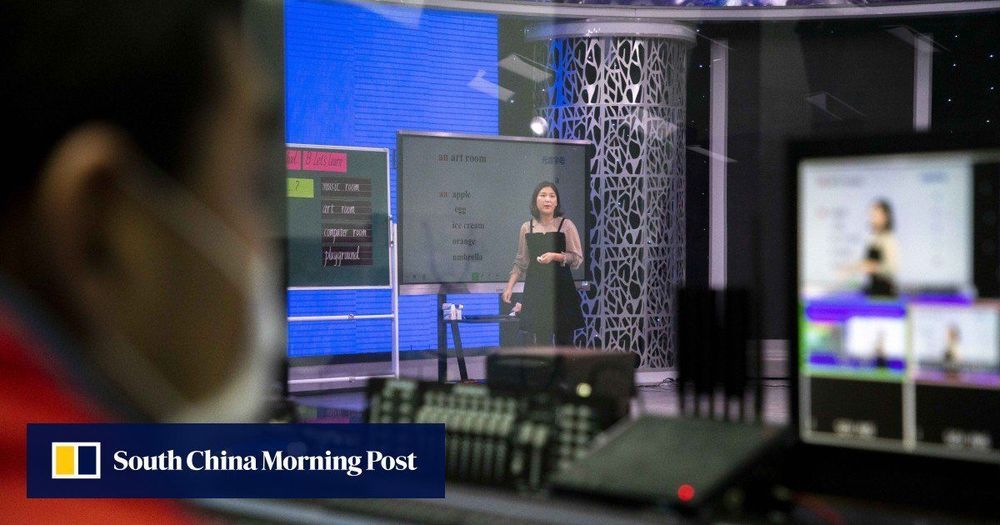
Via Harvard David A. Sinclair “The coronavirus is part bat & part human virus. A new study says the Frankenstein event happened well before its transmission to humans. Wait, what? Humans first infected bats?
The intermediate Frankenstein coronavirus has part human/part bat versions of the spike protein (the knobs on the outside of the virus & what COVID-19 vaccines target). Coronafrankenstein is formally called RaTG13, the name, rank & serial # of a horseshoe bat sample. If we gave bats coronavirus first, then people, including scientists, should stay away from bats especially if they don’t feel well. That’s why, as much as I like cats, I don’t like how they can catch it from us. It’s a potentially vicious cycle.
The new study says a mutation has changed the spike protein of an Indian strain of coronavirus that likely reduces its ability to transmit, but “raises the alarm that the ongoing vaccine development may become futile in future epidemics” like seasonal flu.”
Monitoring the mutation dynamics of SARS-CoV-2 is critical for the development of effective approaches to contain the pathogen. By analyzing 106 SARS-CoV-2 and 39 SARS genome sequences, we provided direct genetic evidence that SARS-CoV-2 has a much lower mutation rate than SARS. Minimum Evolution phylogeny analysis revealed the putative original status of SARS-CoV-2 and the early-stage spread history. The discrepant phylogenies for the spike protein and its receptor binding domain proved a previously reported structural rearrangement prior to the emergence of SARS-CoV-2. Despite that we found the spike glycoprotein of SARS-CoV-2 is particularly more conserved, we identified a mutation that leads to weaker receptor binding capability, which concerns a SARS-CoV-2 sample collected on 27th January 2020 from India. This represents the first report of a significant SARS-CoV-2 mutant, and raises the alarm that the ongoing vaccine development may become futile in future epidemic if more mutations were identified.
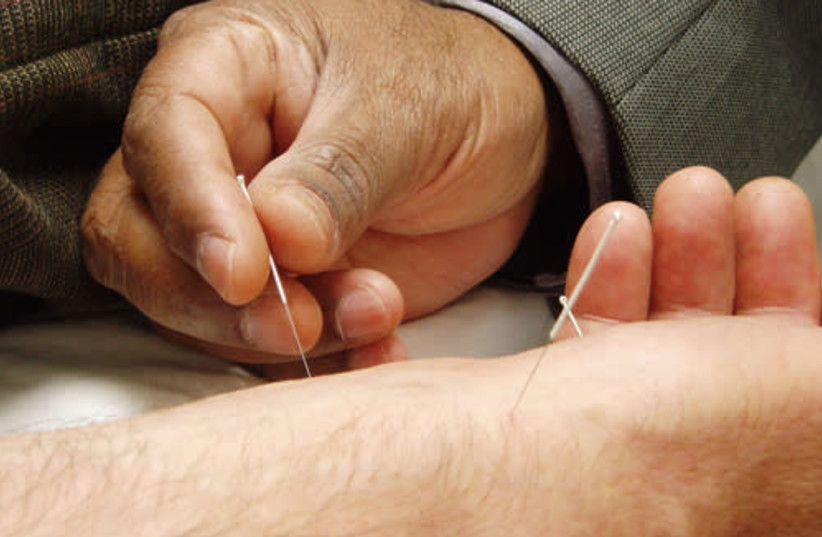
Another warning from the WHO to not treat coronavirus, but wait for a vaccine that does not even exist. The World Health Organization (WHO) reported on its site that it is not advised to take any herbal remedies to treat #COVID19, and in India Prime Minister Narendra Modi warned alternative healers they should not boast they have a cure for the virus, only remedies to assist with symptoms.
